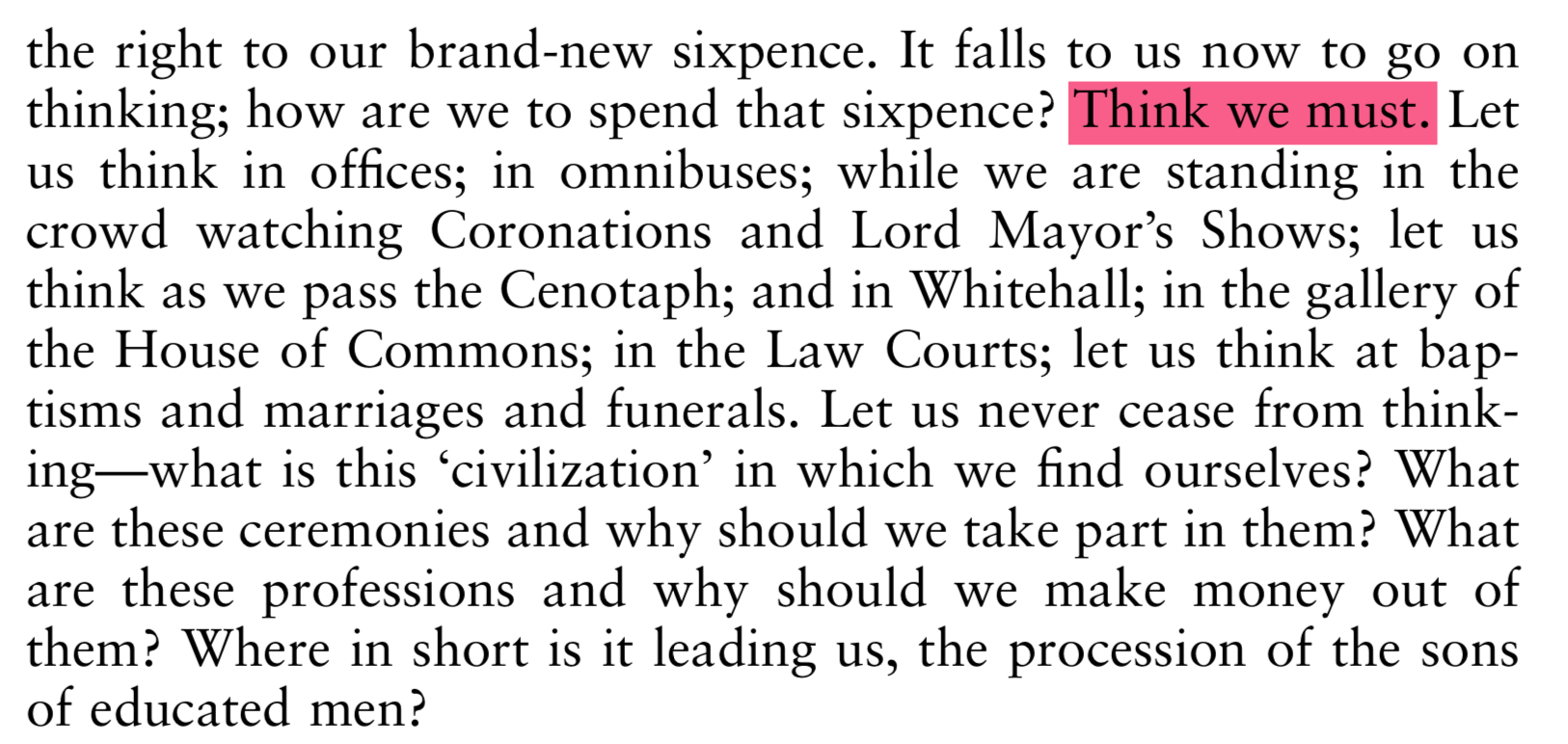Living a larger life together.
ABSTRACT: I want to use this talk to think in broader terms about designing for good — to ask the question: “are we thinking and doing well with design?”
Stepping through a number of examples, I’ll invite us to reflect on some of the core tenets in UX design and HCI, ideas like human centredness, mediation and augmentation. Though valuable in moving us on from a problem-driven and highly instrumental version of design to something much more invested in people’s rich experiences, I’m going to propose such tenants are now limiting our imaginations. They have us narrowing our attention, placing the emphasis on the human’s capacities to act in and on the world. In other words they create the conditions for a utilitarian individualism, and leave little space for a design open to the always entangled interplay between a full-range of human and nonhuman actors.
I’ll argue that there is an alternative, much more generative way of thinking about and making with design, one that is committed to a relational becoming. This is an idea of relations that doesn’t reduce design to a practice that is good for the centred human, the human surrounded by tools that mediate or augment interaction. Instead, it is to recognise the correspondences, interdependencies, continual attunements and co-makings between diverse entities. It is to ask: what it might be to create the conditions for more to happen, what a design would look like that holds open the space for relations to proliferate and much more varied forms of life to come into being. This I want to propose is a design for good, a design that is full with the hope of living a larger life together.
“Table“work is the new “field“work… getting together for #HCID2019 #DesignForGood and making all kinds of connections. @alxndrt @daria_loi @tripsandflips_ @chrisspeed @racheleclarke @jaz_off and now time to listen to Daria and stop finding folk on Twitter… pic.twitter.com/nxHF3PUzJb
— Ann Light (@StrangertoHabit) June 18, 2019
The kind of communication that can occur without words is rich and deep. Why do we persist upon diminishing the power of those who cannot speak? @alxndrt #HCID2019 #DesignForGood pic.twitter.com/ORtz5GmUcW
— chrisspeed (@chrisspeed) June 18, 2019
